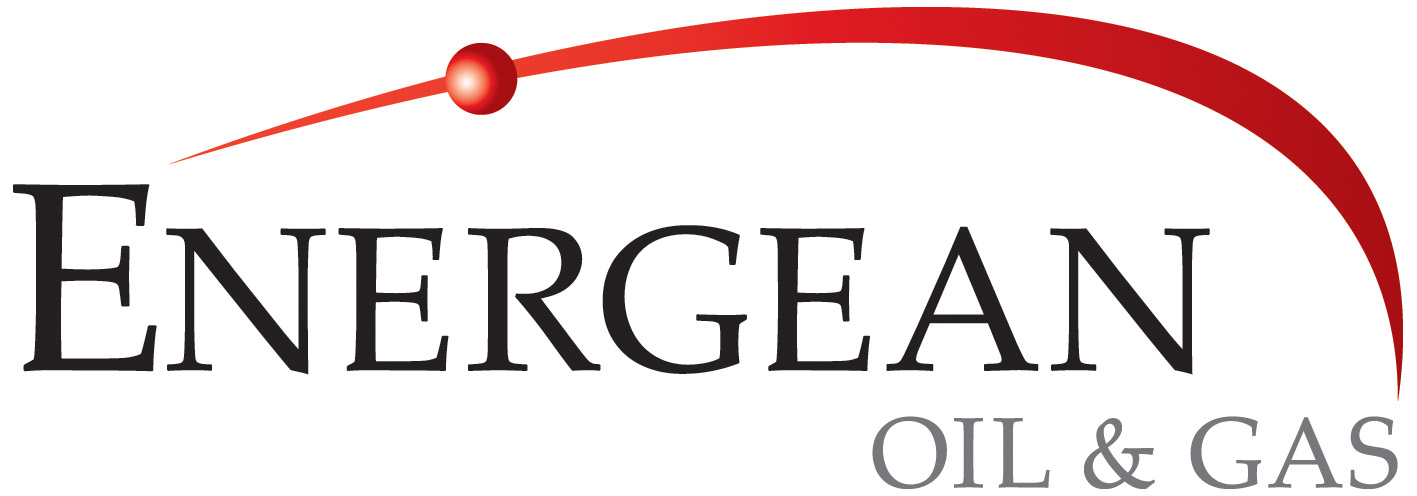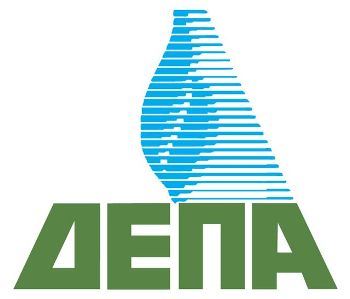
IENE News & Announcements
«South East Europe Energy Outlook»: Α Major Reference Study by IENE on the Energy Prospects of the Region
Posted: Wednesday, July 6, 2011
IENE has just published a major reference study, entitled «South East Europe Energy Outlook». The study provides a thorough and detailed perspective of the energy sector of the region. The structure of the study is based on two main parts: (i) the energy profile of each country and (ii) sectorial analyses. Furthermore, the study covers the liberalization of the electricity and natural gas markets, stresses the role of the «Energy Community» and the influence of the European unification process on the countries of SE Europe. There is also an in-depth analysis on Renewable Energy Sources (RES) and Energy Efficiency, Climate Change, as well as an assessment of energy demand and energy supply for 2020 and 2030.
Another key element of this interdisciplinary study aims at assessing the flow of investments and capital that will be required for energy projects in the region by 2020. This examination is conducted on a country-by-country basis and also from a sectorial angle. The study, also, focuses on the structural changes that will be necessary for the promotion of these investments. No less than 20 contributors (academics, energy experts, professionals of the public and private energy sector, IENE’s scientific associates e.tc.) from all different energy sectors and from almost all countries of the region participated in this study project.After an extended introduction which covers the economic and
political background of SE Europe, the study examines the influence of the
European integration process on the development of the energy sector and the
relevant infrastructure in the countries of the region. The countries examined
in the study include: Albania, Bosnia and Herzegovina, Bulgaria, Croatia,
Cyprus, FYROM, Greece, Kosovo (UNMIK), Montenegro, Romania, Serbia and Turkey.
The individual country profile analyses focus on oil (upstream-downstream),
natural gas, electricity, solid fuels, RES and energy efficiency, as well as on
environmental issues.
Infrastructure-Investments
IENE’s «South East Europe Energy Outlook» further analyses the relevant data on regional energy demand and consumption, and also identifies future trends. It also refers to the required new energy infrastructure and the associated investment and business opportunities. According to the «Outlook» study, the total value of energy investments in the region by 2020 is likely to exceed 240 billion euros. More specifically, 90 billion euros will be invested in electricity (i.e. new power generation plants, electricity grids, electricity transmission lines, coal and lignite mines), as SE Europe will need an additional 20-22 GW of installed thermal and nuclear capacity over the next 10 years. Additionally, the investments in RES (excluding energy efficiency) are foreseen to add up to 48 billion euros, corresponding to 18-20 GW of new installed capacity, including large hydro projects. Additional funds in the region of 20 billion, are likely to be spent on Energy Efficiency projects.
The main conclusion of the study is that the prospects for energy investments in the whole SE region, are overwhelmingly positive for the coming decade, even with anticipated low economic growth (3.0% per annum) and low energy yearly consumption (0.2% per annum), with the region’s major countries (i.e. Greece, Turkey, Bulgaria and Romania) benefiting more in terms of new investment and with progress in other parts of the region lagging behind.
Apart from electricity, there are significant opportunities
in all other energy branches in SE Europe:
- In natural gas investments in new main transmission pipelines,
LNG terminals and liquefaction plants are anticipated to reach 25 billion
euros. These investments are to take place mainly in Romania and Cyprus
(following the recent discovery of large natural gas offshore deposits in both
countries). Further investments in the gas sector are also anticipated in
Western Balkans, where old infrastructure is being replaced and upgraded.
- The South Corridor pipeline projects for the transmission of natural gas from Central Asia and the Caspian to Europe are of major geopolitical importance for the region. The respective investments are estimated to reach 21 billion euros with at least two main pipelines being constructed.
- The investments in hydrocarbon exploration are anticipated to amount up to 34 billion euros until 2020 and several research and exploration projects are already underway in Turkey, Romania, Bulgaria, Croatia and Cyprus with Greece expected to follow very soon.
- Last, but not least, investments in refining are expected to add up to 23 billion euros by 2020.
Competition – Market Operation
It is no exaggeration to state that the «South East Europe
Energy Outlook», serves as a road map for the regional energy sector, stressing
the geopolitical importance of the big energy oil and gas pipelines but also
outlining investments in several subsectors (oil and natural gas pipelines,
nuclear stations, refineries, LNG terminals, wind farms, PV parks etc.), as
well as emphasizing the need for a more liberal, open and competitive energy
market in SE Europe. One of the basic conclusions of the study is the need for
accelerating the liberalization process of the regional electricity and natural
gas markets, which will help enforce the pace of investments and financing of
infrastructure.
Energy Security
The improvement of energy security of SE European countries
and of the region as a whole, is underlined in many chapters of the study
focusing on the geopolitical aspects and their influence on regional energy
supply. A major priority is the extension of the present interconnection system
of natural gas and oil supply throughout the region, as well as the
construction of new gas storage facilities. There is also a major focus on the
need for constructing certain intercontinental natural gas pipelines by 2020, in order to enhance
European energy security and, at the same time, provide additional quantities
of natural gas to the European continent. The role of SE Europe in this process
as an important energy bridge is considered vital.
IENE’s «South East Europe Energy Outlook» Study sponsors and
supporters included some major Greek and European energy companies including: PPC
SA, Sencap SA, EGL SA, DEPA SA, Hellenic Gas Transmission Operator SA (DESFA),
Terna Energy SA, Protergia SA and KLC
Law Firm.
This 596-page «Outlook» study publication can be ordered directly from the Institute’s offices or through IENE’s website (www.iene.gr).
























